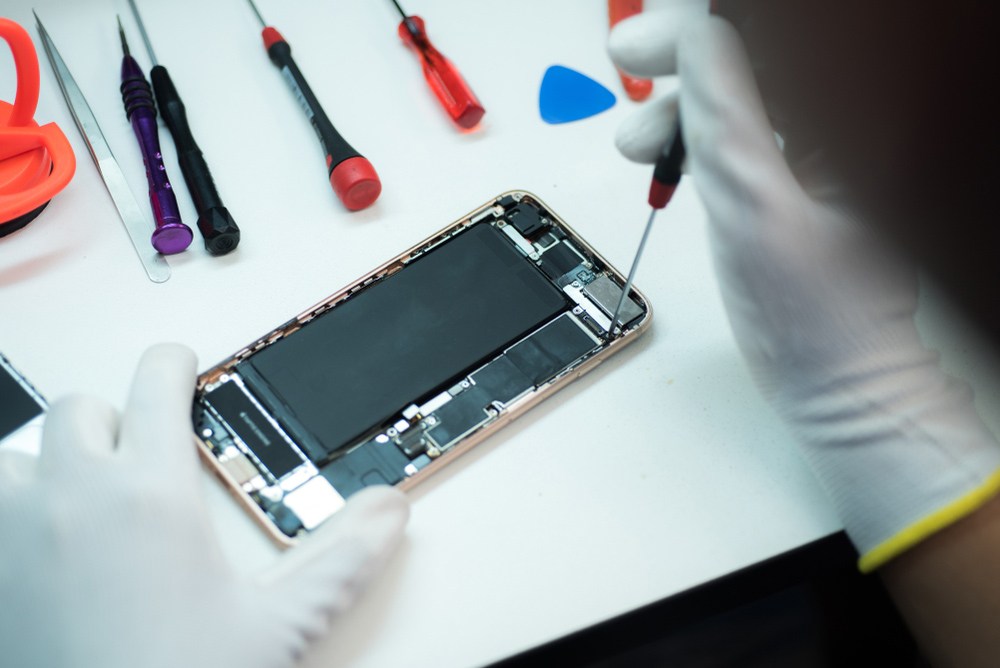Polygraph tests, commonly known as lie detector tests, have been a staple in various investigations, from criminal cases to corporate hiring processes. Marc Bester, a renowned polygraph examiner, has been at the forefront of this field, offering his expertise to clients seeking the truth. But how accurate are the polygraph tests conducted by Marc Bester? Let’s delve into the nuances of polygraph testing and Bester’s approach.
Polygraph Tests
A polygraph test measures physiological responses that are believed to be linked to deception. These responses include heart rate, blood pressure, respiration rate, and galvanic skin response. The underlying theory is that when a person lies, their body experiences stress that manifests in these physiological changes.
Key Components:
- Pre-Test Interview: This phase helps the examiner understand the examinee’s background and the context of the test.
- Test Phase: The subject is asked a series of questions while their physiological responses are recorded.
- Post-Test Analysis: The examiner reviews the data and looks for patterns that indicate deception.

Marc Bester’s Approach to Polygraph Testing
Marc Bester has built a reputation for his meticulous approach and extensive experience in polygraph testing. His methods include:
- State-of-the-Art Equipment: Bester utilizes advanced polygraph technology, ensuring that the data collected is as accurate as possible.
- Comprehensive Training: With years of specialized training and experience, Bester is adept at interpreting the physiological data and understanding the nuances of human responses.
- Ethical Standards: Bester adheres to strict ethical guidelines, maintaining impartiality and confidentiality throughout the process.
Accuracy of Polygraph Tests
The accuracy of polygraph tests is a subject of debate within the scientific community. While proponents argue that polygraphs can be highly effective, critics point out potential inaccuracies. Here’s a closer look at the factors influencing accuracy:
- Technological Advancements: Modern polygraphs, such as those used by Bester, offer high precision in measuring physiological responses. However, the accuracy still depends on the examiner’s skill and the quality of the equipment.
- Human Factors: Stress, medical conditions, and individual differences can affect physiological responses. Bester’s expertise helps mitigate some of these variables, but they can still influence results.
- Interpretation of Data: Accurate interpretation requires extensive experience and training. Bester’s background and methodological approach enhance the reliability of his results.
Limitations and Considerations
- Not Infalible: Polygraphs are not foolproof. False positives (indicating deception when truthful) and false negatives (not detecting deception when present) can occur.
- Context Matters: The accuracy of the test can be influenced by the context in which it is administered and the subject’s psychological state.
- Legal and Ethical Implications: The use of polygraph results in legal proceedings varies by jurisdiction, and their admissibility can be contested.














